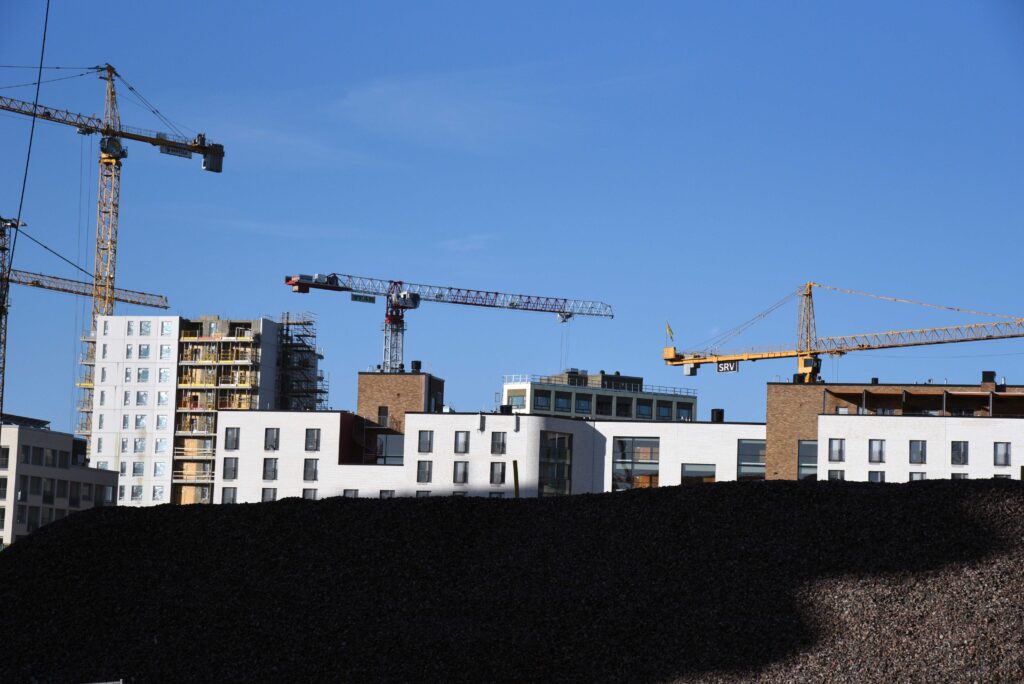
If construction remains too deep for too long, the effects will be serious on the entire economy, employment and the housing market, says Aleksi Randell, CEO of Rakennusteollisuus RT. Growth in construction can be expected in 2025 at the earliest. The government can decide on measures in the budget rush that would break the negative cycle of construction and strengthen the economy.
The construction industry is in an exceptionally difficult situation. This year, we will fall below the level during the financial crisis, and the decline in construction will accelerate to double digits compared to the previous year. Increased construction costs, accelerating inflation, high interest rates and weak consumer confidence in the economy have strongly dragged down housing construction in particular.
The construction industry RT proposes to the government both quick-acting ways to increase demand and confidence and long-acting measures to ensure supply growth. The goal is to heal the housing market and patch up the economic downturn with state-supported housing production, promotion of renovation construction and acceleration of infrastructure construction.
RT presents tax policy measures that can immediately strengthen confidence and speed up housing sales. Restoring the right to deduct interest on housing loans and removing the property transfer tax would lower the threshold for buying an apartment.
"When free-financed housing production does not start, the importance of government-subsidized housing production in maintaining housing supply and employment is emphasized. It is also recorded in the government program that Ara production is used counter-cyclically. If now is not the time, then when," RT CEO Aleksi Randell asks.
The planned cuts to state-supported production should be canceled in this economic situation. The short interest subsidy model should be changed to reflect the intermediate model that was used before during the financial crisis and proved to be effective. In addition, the start of state-supported housing production should now be promoted by speeding up the processing of applications and by making construction conditions more flexible, such as by accepting different types of contracts and increased costs.
"Housing construction has to be started one way or another. Its collapse later creates a housing shortage, and its impact on employment and the economy cannot be fully compensated for in other areas of construction. The decline in repair construction during this year, on the other hand, has received less attention, and the development must be quickly turned back to a growth path with periodic repair grants."
The government program includes a large investment package for infrastructure projects, the implementation of which should be prioritized. "In the parliamentaryly prepared Transport 12 investment program, there are numerous socio-economically profitable infrastructure projects that are ready for planning. If these are decided in the budget rush, construction will start as soon as around the turn of the year," says Aleksi Randell.
"Decisions on projects that require additional planning can, if necessary, be made conditional so that project planning can continue at the same time as funding is still being arranged. It would therefore be decided to put the hoe in the ground in the projects as soon as the funding needed to start the projects is in the treasury", continues Randell.
Correspondingly, it would also be good to start the measures of the government program to pay off the road repair debt immediately. For example, repairing highway bridges and railway yards would also quickly bring work to some of the builders released from housing production. Next year, it is important to focus repair funding especially on road paving. This year, there will be historically little paving, which will be reflected in the condition of the roads.
"Due to the rapidly weakening business cycle in construction, employment in the construction industry will be hit by an estimated 20-000 employees. Taking into account the immediate value chain of construction, the amount can be up to double. In order to avoid the worst, the government must make effective decisions in the budget crisis to improve the situation in the industry and prevent a wave of unemployment," concludes Randell.
For more information:
Aleksi Randell
tel. 0400 500822
Attachments:
Slide show of the budget campaign
RT's proposals for measures to improve the economic situation